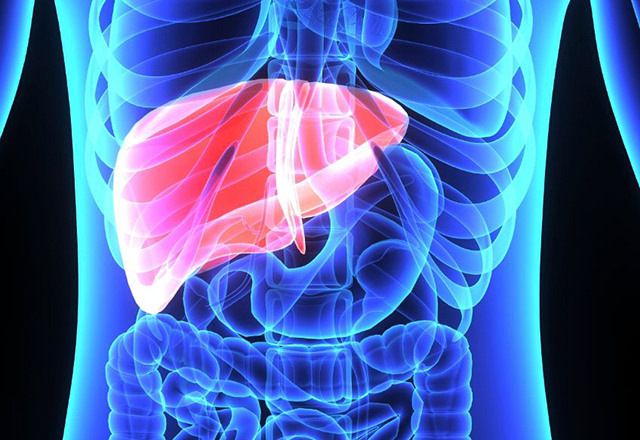Loading
— Researchers identify a potential contributor to epidemic of pediatric NAFLD
Prenatal environmental exposure to mixtures of endocrine-disrupting chemicals was associated with a higher risk for liver injury in children, a prospective cohort study found.
In the study of over 1,000 European mother-child pairs, the likelihood of liver injury was 44-121% higher among children with prenatal exposure to organochlorine pesticides, perfluoroalkyl substances, polybrominated diphenyl ethers (PBDEs), and metals, reported Damaskini Valvi, MD, MPH, PhD, of the Icahn School of Medicine at Mount Sinai in New York City, and colleagues. Read more in MedPage Today.
Loading





